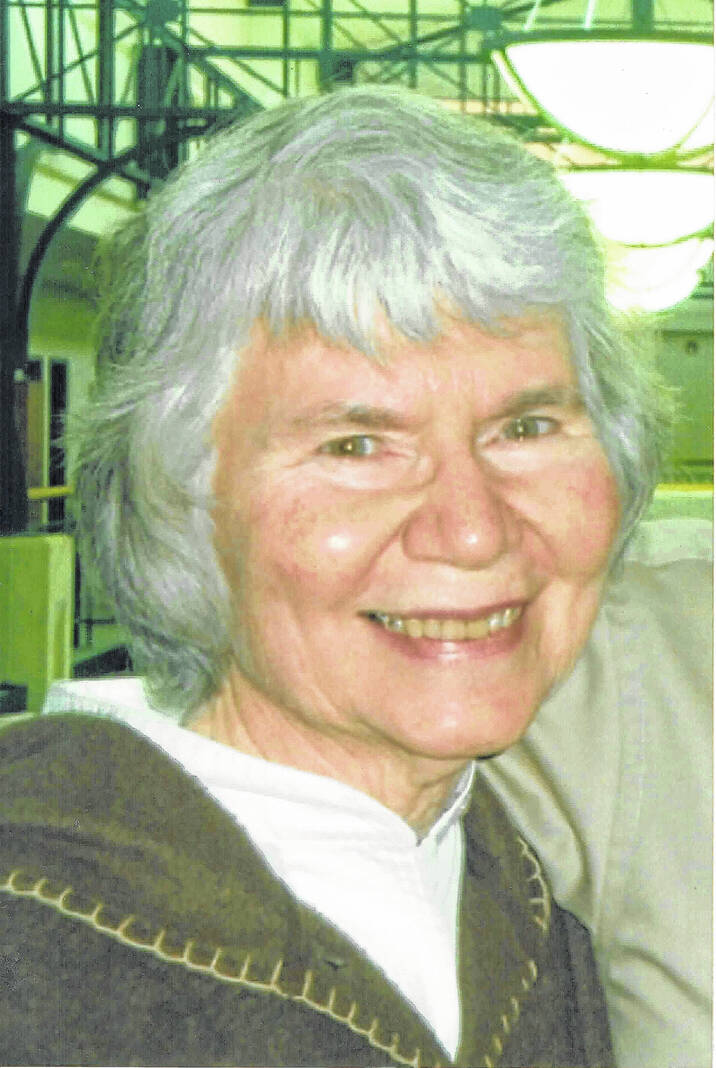
I remember the day my dad asked me where all his little daughters were. It must have been in the late ’60s or so. It was strange because we were not little girls anymore, we were five grown women. And we were all standing around where he was. At that time, they called his illness “hardening of the arteries.” Now we call it Alzheimer’s.
I remember a lot of his symptoms. I remember the time we had to tell him he couldn’t drive his car anymore. But the very worst time was when the day came that he was violent with our mother. When that happened, my siblings and I got together to plan what we were going to do because we couldn’t ever let him be alone with her any longer.
It was on a hot August day in 1974. Five of the seven of us had met together at my house out on our screened-in patio. At that time, he and our mom were living in their mobile home beside our house as they had been since 1961. One of our brothers had already checked on getting a nursing home of some type to take him, but none had been found. And one of my sisters had just taken our mom out for a ride to get her away from home for a little bit. During the discussion, I had to go back inside my house and when I started to go back out to their mobile home, one of my brothers-in-law asked me where I was going. And I said, “Out to see Daddy.” He said, “No you aren’t, because he just died!”
It’s always a shock when I think about what all happened so fast. Our other brother just got to my house then and he called the funeral home. And we called our family doctor, and she was there to talk to our mom and told her that our dad had died. She wanted to assure mom that it was a blessing that it had happened as it did.
Just last week I found a very good book in our library titled “Before I Forget” by B. Smith & Dan Gasby. It’s about their fight against Alzheimer’s. In it they have the “Three Stages of Alzheimer’s” and the “Seven Stages of Alzheimer’s.” I have chosen their Three Stages to add to my story here.
Stage One: Mild/Early
Short-term memory loss becomes apparent, especially in regard to recent conversations and events. The patient may ask questions repeatedly, and struggle in speech to find common words. Writing may become difficult. Hand-to-eye coordination may become somewhat impaired: handling silverware at the table, for example, may be a challenge. All these symptoms may bring on, or be accompanied by, mood swings and depression and/or apathy. Driving may also be an issue. Generally, Stage One lasts two to four years.
Stage Two: Moderate/Middle
Long-term memory loss becomes evident now, too; childhood recollections may fade, and the patient may have trouble recognizing family members and other familiar faces. General difficulty understanding current events, confusion about time, and loss of awareness of place, even of one’s own home.
More dramatic mood swings and depressions, along with fits of anger and aggression; also uninhabited behavior. Sleeplessness is common; so is sleeping too much. Delusions may occur. Physical tremors and general slowness; difficulties in dressing and toileting. Generally, this stage lasts from two to 10 years.
Stage Three: Severe/Late
Profound memory loss, inability to communicate and comprehend others. Needs round-the-clock help for all personal hygiene as well as to guard against falls. Issues with swallowing and incontinence. Delusions are common, even prevalent. At the end stage, the patient becomes immobile and unresponsive. Generally, it can last one to three years.
My dad died on that hot August day in 1974. My mother lived until April of 1987. And they celebrated their 50th wedding anniversary in March before our dad died that August. She wrote a book about her life, and somewhere in it, I remember that she wrote that she missed him every day for the rest of her life.
Kay E. Conklin is a retired Delaware County recorder who served four terms. She graduated from Ohio Wesleyan University with a degree in sociology and anthropology.

